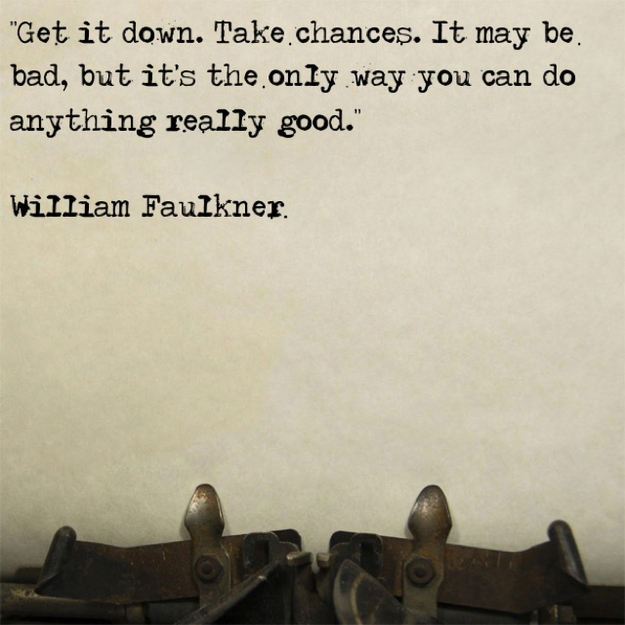Glurge is a catch-all term for any "inspirational" tale which conceals a much darker meaning than the uplifting moral lessons it purports to offer. (The word "glurge" was initially coined by a reader of Snopes.com, and derives from the sound of someone throwing up.)
These stories are meant to be purely sentimental parables, touching hearts and teaching (often Christian) morals. The problem is, they accomplish this by simplifying their message to the point of complete uselessness to any reader who thinks about it seriously. All shades of grey between the black and white of good and evil are wholly overlooked, meaning potentially more valuable lessons about actual hard work, understanding, personal growth and sacrifice are completely ignored in the rush to present a universe in which everything happens for a satisfying reason.
"Glurge" is hard to describe, but easier to identify. This being a super-trope, it involves one or more the following:
Aesop Collateral Damage: Glurge often relies upon the suffering of a secondary character to drive home the lesson. This gives the protagonist an opportunity to realize his mistake and choose to follow the lesson after all " sometimes he might even reason that God (or whatever Powers That Be) caused this suffering to show him the "right way".
All That Glitters: The protagonist learns that money isn't everything. He typically goes to the complete opposite extreme, becoming The Hermit and renouncing things that are actually important, like his own health and the people close to him.
Angst? What Angst?: A character is a victim or survivor of some sort of tragic or traumatic incident, and feel absolutely none of the grief or trauma that any real person would feel, indicating the writers are not writing realistic human traits into the character. Alternately they initially, they may actually suffer from grief or trauma, but it only lasts one scene, chapter, or episode, and by the next scene,chapter or episode they act as if nothing happened.
Black and White Morality: Glurge-y works leave no doubt who is right and who is wrong. The sympathetic side will be entirely good, while the opposing side will be not only incorrect but actively hostile to all that is good.
Can't Get Away with Nuthin': Every mistake or transgression results in disaster.
Children Are Innocent: Only kids can get anything done, or even do anything right. In stories that involve an element of the spiritual or supernatural, children are able to perceive or experience those elements, but the adults and teens in the story are not.
Disproportionate Retribution/Disproportionate Reward: Because Glurge is there to teach a lesson, it will reward the characters who agree with the message while heaping abuse and suffering on those who disagree, making them an example to the others (see Aesop Collateral Damage, above). Laser-Guided Karma is usually also in play.
Easy Evangelism: The character who speaks the work's message will be impossibly persuasive, winning over all the sympathetic characters. Those who ignore or reject him will be portrayed as stupid, in denial, or evil, regardless of how logical it would be to take this total stranger at his word. Works promoting a religion easily fall into Glurge territory for this reason.
Inspirationally Disadvantaged: This trope ignores the real limitations a disability imposes; it makes disabled persons seem lesser, "lazy", or just not worth writing about if they haven't developed some sort of Disability Superpower.
Littlest Cancer Patient: The terminally-ill are most sympathetic when they are children. You can fill in the blanks.
Purity Sue: A character " set up to be admired and imitated " whose purity and saintliness are impossible in Real Life.
Stalking Is Love: Many "romantic" Glurge stories feature this trope. It's a particularly dangerous phenomenon; in real life, stalking is demonstrably not love, but rather a compulsion arising from social phobia or mental illness. And works have a distinct Double Standard for this trope; shady-looking stalkers are evil and the victim is in real danger, good-looking stalkers are romantic and sympathetic, and nerdy unpopular stalkers are just there to be pitied.
Too Good for This Sinful Earth: Usually ties in to Aesop Collateral Damage. It also has the effect of suggesting that living in general is terrible, and there's no point in being good because you'll wind up dead!
Very Loosely Based on a True Story: Glurge-y stories often distort and fabricate historical fact in the guise of offering "true stories".
White Man's Burden: A rich white person helps out a poor non-white person out of the goodness of his heart. This has a number of Unfortunate Implications, namely that minorities are helpless and unable to overcome the problem themselves; only with Mighty Whitey's help can they succeed. Furthermore, the trope doesn't attribute this power to a discrepancy in wealth, education, or social mobility, but rather the made-up intrinsic superiority of European culture.
Whoopi Epiphany Speech: A poor, ethnic minority, disabled, illiterate, or ill-educated character (ideally all of the above) makes a wise and insightful speech to the white, able-bodied, richer, better-educated protagonist. If the epiphany-giving character isn't sufficiently well-developed in their own right, they can seem like a mere plot device to spur the protagonist " who really matters " to take constructive action.
You Know Who Said That: A character states an argument for or against something, and then tells us that they were quoting a famous person. Such quotes are often mined or out of context, sometimes even on purpose, and they also assume that the famous person is automatically right.
Remember, though, that Tropes Are Tools; a work can use any number of these tropes without becoming Glurge. The hallmark of Glurge is a questionable message, conveyed through an emotionally manipulative delivery, meant to arouse strong emotion in the reader, but failing to withstand Fridge Logic afterwards (though the reader is supposed to be so emotionally stirred that looking at the work dispassionately feels cold-hearted or downright amoral).
When Glurge is lamp-shaded, or the "moral" is deliberately cynical and selfish, you get a Family-Unfriendly Aesop.
Not to be confused with Anvilicious or Tastes Like Diabetes, though that is a common feature of such stories. See also Unfortunate Implications, which has more to do with subtext (and isn't clearly stated at the end).
Believe it or not, some people have the urge for this trope and are Glurge Addicts.
























